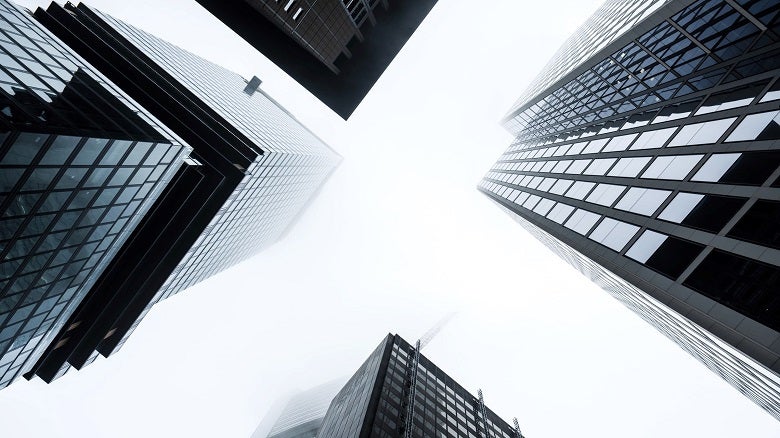
Policymakers around the world are grappling with how best to support their economies to recover from the COVID-19 pandemic. This is in addition to resuming progress with more longstanding objectives in national economic development, such as boosting access to finance for underserved groups, notably women or small and medium-sized enterprises. National Development Financial Institutions (NDFIs), or state-owned banks with specific development goals, are receiving renewed interest as a policy tool for rapid action in countercyclical lending and financing the sustainable development goals.
There has been a revival in the creation of new NDFIs over the last decade, with new institutions being established in the U.K., Colombia and Nigeria, among others. By 2018, NDFIs held about 6.5 percent of global banking assets, a share that is likely to continue to grow. On November 12, 2020, the joint declaration of all public development banks in the world during the Finance in Common Summit affirmed “our determination to collectively shift our strategies, investment patterns, activities and operating modalities to contribute to the achievement of the SDGs and the objectives of the Paris Agreement, while responding to the COVID-19 crisis”.
However, improving the effectiveness of NDFIs is urgent and essential to ensure that they can stand up to the challenge. NDFIs can play an important role in addressing market gaps, but they can also be controversial. At their best, NDFIs offer patient finance at longer terms. They can take risks that the private sector is not willing to assume and fund projects with large social benefits and small financial returns. Furthermore, NDFI lending can compensate for retrenchment of private lending during recessions. At their worst, NDFIs can compete unfairly with commercial banks, crowd out private investment and support certain objectives of political elites that may not be in the best interest of the country. They may also be inefficient or mismanaged and waste public funds.
A recent World Bank report highlights the lessons from decades of the World Bank’s experience in working with NDFIs and reviews their role during the COVID-19 pandemic.
NDFIs can address market failures by working with borrowers who can repay loans but lack access to credit. This ensures that NDFI activities do not crowd out existing private sector financing. Financing structures designed to share the risk with private financial institutions, such as credit guarantees or syndicated loans, are among the most efficient ways for NDFIs to operate. These schemes mobilize private sector funds, making it possible for NDFI funds to support more projects. Targeting support to specialized financial institutions, which cater to underserved borrowers through funding and technical assistance, can also help mobilize private funding and introduce competition in financial markets.
On the other hand, lending directly to borrowers at subsidized rates can distort incentives and enable corruption. The incentives of management and staff should be aligned with the NDFI objectives through effective corporate governance, risk management, and mechanisms to evaluate institutional performance. Financial supervisory authorities should ensure that NDFIs properly manage risks and operate without undue market and/or regulatory advantages over private lenders. Limiting the NDFI lending to financial intermediaries which take responsibility for making credit decisions helps limit the scope for political interference and mismanagement.
The World Bank is applying these lessons in its support to NDFIs, through projects that address market failures and create, reform, or provide finance for NDFIs in developing countries such as Ghana, Ecuador and Croatia. The COVID-19 pandemic and the focus on “building better” for inclusive and sustainable growth will further increase the significance of the role of NDFIs.



Join the Conversation